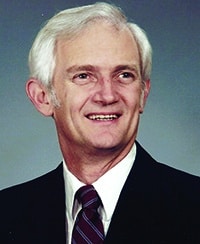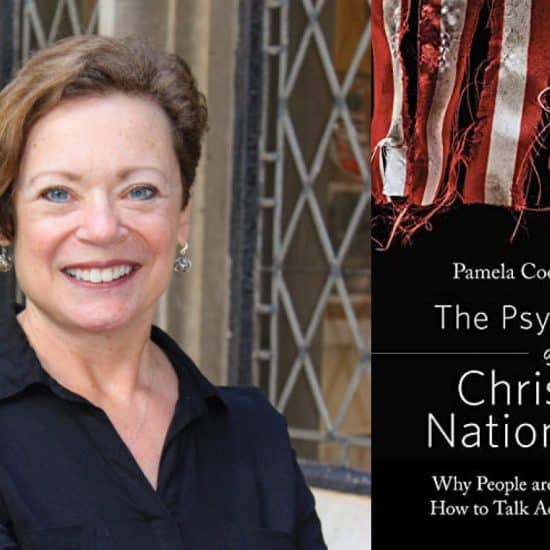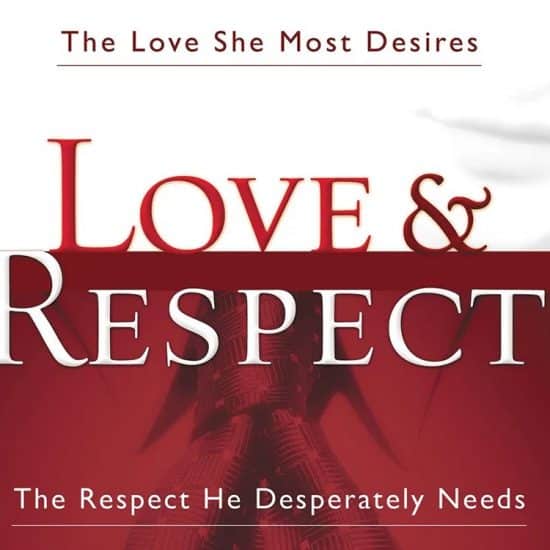This is the second in a five-part series by retired pastor and director of missions Wade Paris to assist pastors in helping couples begin Christian marriages. The series might also help couples who marry without the benefit of premarital counseling. Download a PDF of the entire series.

Wade Paris
There are many marital myths. One cannot know or deal with them all, but here are a few that seem universal. The pastor/counselor will want to go over these with the couple and perhaps add others.
Myth One: Marriage is 50/50.
This myth implies that each will get his or her way at least half of the time. It suggests that each partner is expected to meet the other only halfway.
If the 50/50 rule is correct, then what should wives or husbands do if they think their spouse is not holding up his/ her half? Should they leave? Is this grounds for separation? Who is the judge in these situations, i.e., who is to say when one is doing more than the other?
The truth is, marriage is 100/100. A person should enter into marriage thinking, “I will give everything I can as often as is needed to make sure my marriage is good.”
Human nature being what it is, there are times when a partner will stumble and be unable to carry his/her end of the load. In good marriages, sometimes the husband is the supportive one because the wife has need. At other times, the wife will be the supportive one, and the husband will need extra support.
Unfortunately, the arrangement of one strong spouse and one weak spouse is sometimes a permanent arrangement. If that is the case, then a 50/50 deal will not be adequate to sustain one’s marriage vows. Again, couples should enter marriage saying, “I will give all I possibly can, not just to make this marriage work, but to make it good. If I must be the strong one always, then I will do it.”
Myth Two: Passion is love, and love is passion.
Either way you say it, it is still a myth. Passionate young couples with hormones raging can be absolutely sure they are in love. But passion passes quickly, while marriage hopefully goes on and on. In his book “A Road Less Traveled,” Scott Peck defines love as “the will to extend one’s self for the purpose of nurturing…another’s spiritual growth” (p.81).
Translated, that means couples that love one another do all they can to help their spouses grow into the people God created them to be. That definition fits the 100/100 concept.
Myth Three: Love is a cure-all.
The problem with this myth is it is half true. The Bible is correct when it says, “Love never fails” (1 Corinthians 13:8). True love never fails. But true love must be reciprocal in marriage. However, passion or even genuine love does not pay the bills.
Couples should decide before they are married how they will earn a living. To say, “We are in love; we will find a way,” but have no plan is irresponsible. It may very well mean someone else will need to support them. This will be discussed more completely in a section called “Marriage and Money.”
A young lady married a mean, selfish man. She assumed their love, i.e., their passion, would take care of it all. When her mean, selfish husband was mean to their children, she finally sought help.
Myth Four: I can change him/her after we are married.
The truth is that sweethearts and/or fiancées can do more to change one another than husbands or wives. A wise old pastor put it bluntly when he said, “Once you are married, you lose all of your bargaining power.”
Furthermore, experience teaches us that when one spouse “remakes” the other, they each tend to lose respect for the other.
A man or woman must be sure he/she wants to marry the person “as is.” The chances of remaking that partner after a couple is married are slim.
A former pastor and director of missions, Wade Paris writes a weekly syndicated column, “The Shepherd’s Call,” and is a Word&Way trustee.
Download a PDF of the entire five-part series on premarital counseling.






